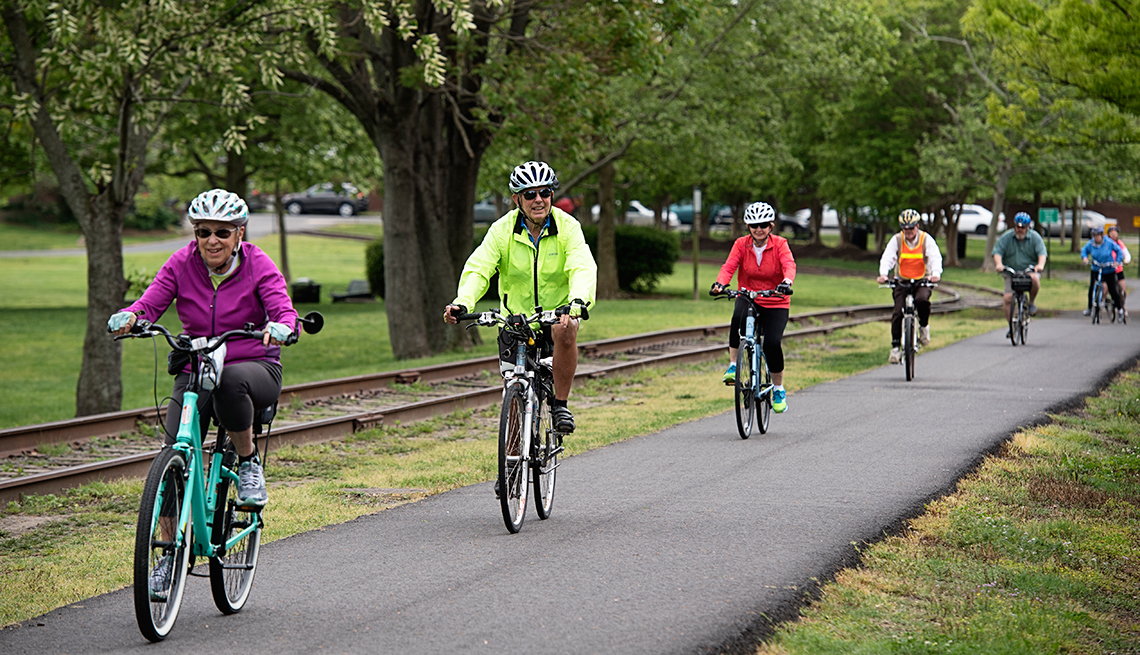
- Select a language for the TTS:
- UK English Female
- UK English Male
- US English Female
- US English Male
- Australian Female
- Australian Male
- Language selected: (auto detect) - EN
Play all audios:
The 15-year-old “village” movement, in which older residents of a neighborhood form a nonprofit community group to help one another remain in their own homes as they age, is seeking new
members from the boomer generation. And the 50+ set, most of whom aren’t yet looking for household companions or drivers to get them to doctors’ appointments, are finding in the movement a
new sense of community and a way to make new friends. Between 30 and 40 percent of the roughly 220 villages that have been formed across the United States in the last decade and a half have
recently opened membership tracks to younger members, Natalie Galucia, head of the St. Louis-based Village to Village Network, told the _Washington Post_. Most villages charge an annual
membership fee of several hundred dollars, and in return offer members help with finding in-home care, handyman help, drivers and reliable professional services. Younger members who don’t
necessarily need all those things can join for a reduced fee and become “associate” or “social” members. Those groups usually focus on strictly fun outings — things like bike rides, wine
tastings, girls’ nights out and bridge clubs. There’s no age limit: Some older members who don’t need all the services pay only for social memberships, too. At Home in Alexandria, a village
group in Northern Virginia, was formed six years ago. “There was a perception that we’re just a bunch of old people sitting around at home dying,” executive director Cele Garrett told the
_Post_. Instead, her group found that many members were joining purely for the social aspect. Now, she said, “We do maybe a dozen things a month, which is why our social membership has
become so popular.” An added benefit: As long as social members do not receive any tangible services in exchange for their dues, the villages’ nonprofit status means that those dues are tax
deductible. And when the day comes, as it will, when boomers find they actually need the services the villages provide, they’re already members. “You will not be calling a stranger for
help,” said Lynn Golub-Rofrano, who heads a village in Washington, D.C.’s Georgetown area. “You’ll be calling someone you know.”








